In Treatment’ Executive Producer Noa Tishby Drops Debut Book on Israel
In Treatment’ Executive Producer Noa Tishby Drops Debut Book on Israelon Apr 08, 2021
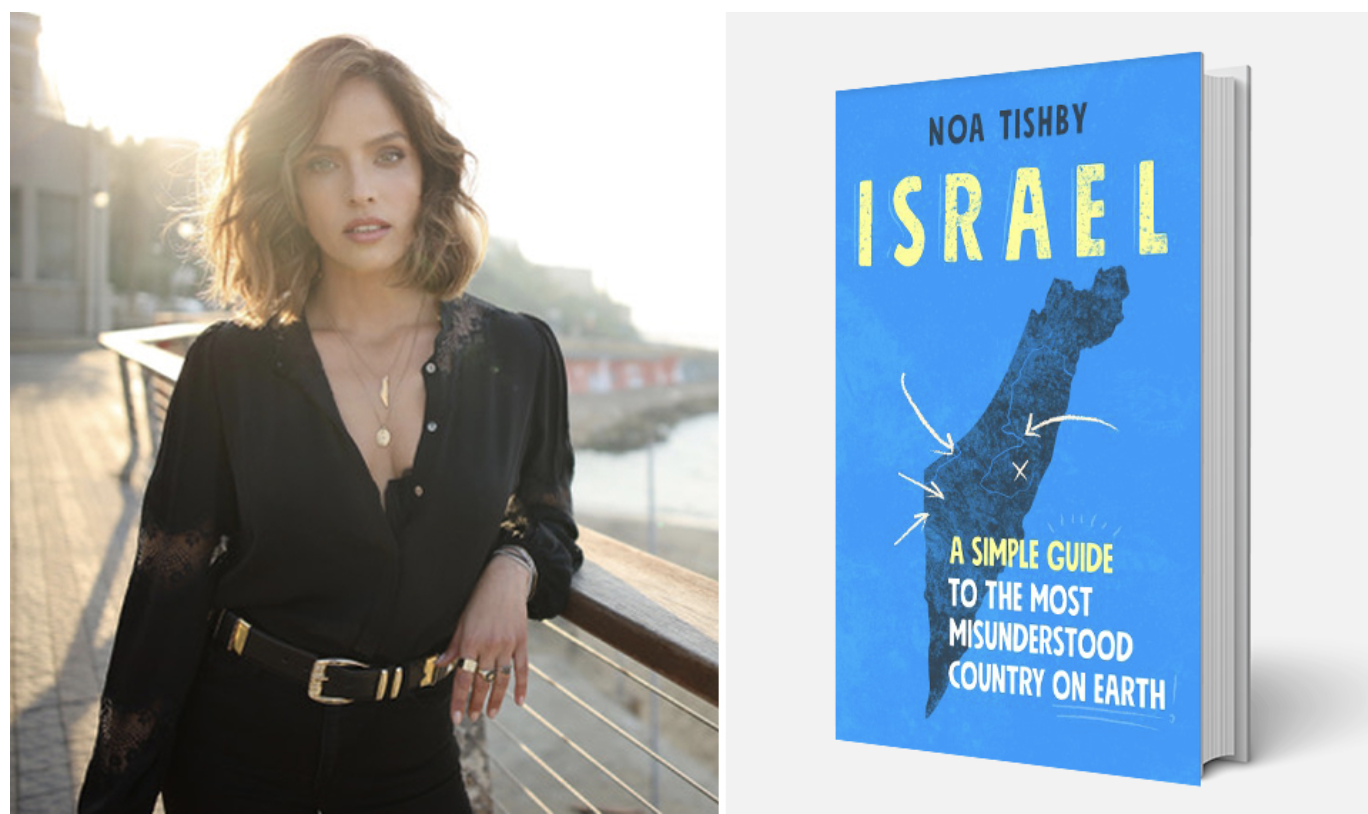
The book melds an historical analysis of Israel along with autobiographical elements of your childhood, upbringing, and career in the entertainment business. What prompted you to take this creative approach?
“When I set out to write it, the book was, I would say, maybe 10% me and 90% the history of Israel. And throughout the process, especially with my editor at Simon and Schuster, Natasha Simon, she pushed me a lot to include more personal stories, and it became very apparent that the story of my family is the access point to the story of Israel. That only happened through the process of working with Natasha — I didn’t want to put myself that much in the front. And she really encouraged me to do it. And I think it works.”The book often takes a funny, self-deprecating approach. By way of introducing yourself to American readers, you note in the introduction, “I did not end up becoming Gal Gadot.” Lines like that really help connect the reader to you as an author.
“The reason I put that little bit about Gal there is because the beginning of the book is so much about my career, and I didn’t want the readers to think, wait, why don’t I know this girl? The fact of the matter is I never broke as an actress. I broke in a lot of other areas and I was a trailblazer in other areas but the truth of the matter is that I suck at auditions. I really, really do. What Gal has achieved is second to none. It’s not an Israeli success—it’s an international slam dunk. Stardom. Period, end of story. She’s a successful woman making a difference in the world. She’s amazing. And what became apparent to me throughout the last two years of writing this book is that I have a story to tell. And that’s when kept on guiding me. I knew that my path was just different, and it’s all coming center stage through the book, and that includes all the failures, which I’m so proud of. I didn’t want it to seem like this actress writing a book. I don’t want people to feel bad for not knowing who I am. I know my place in the hierarchy of Hollywood. It’s all good. I love self-deprecating humor. I want readers to know that I take the work and the history and the research very seriously, but I don’t take myself seriously at all.”When it comes to conversations about Israel, there’s little nuance. In your book, you make ample note of the fact that Israel is not without its faults. Was that a key point you wanted to make?
“No country is perfect. You’re not going to judge the United States solely based on the January 6 insurrection and Guantanamo Bay, for example. You have to look at the entirety of everything that’s happening, the pluses and the minuses that every country has. And that is one of the things that is lost in the debate over Israel. You’ve got to look at the context. You’ve got to look at the region and know your history.” Read more: https://www.frontlist.in/ews-students-in-turmoil-over-paid-education/There’s so much ignorance about Israel laid out on social media, much of it from social activists who might not even realize that they’re saying things in support of Hamas, a terrorist organization. Most people in America fail to understand that you can be a liberal and also support the existence of Israel. Was that a driving force in you penning this book?
“Yes. This is especially true in America and Europe because in the Middle East people understand. The moderates within the Arab world, they hate Hamas as much as we do, but most social justice advocates in the United States don’t know the difference, and that is one of the things that infuriated me. If you have such strong opinions about Israel that’s awesome, but don’t have these strong opinions unless you can tell me what the differences is between Hamas and the Palestinian Authority, between the West Bank and Gaza and Israel. If you don’t know the difference, please stay off Twitter. The most vocal anti-Israel voices within the United States—I don’t see any debates about ideas about values and policy at all.”Zionist has become such a loaded term, and it should not be. Having lived in Israel and returned many times since, the moment I tell people that I’m a Zionist, they make this assumption that I’m against there being a Palestinian state. And that could not be more untrue. Why do you think the majority of the world believes that if you support a Jewish state that you oppose a Palestinian one?
“I’m a Zionist. I’m pro-Israel and pro-Palestinian, and these things are not at all mutually exclusive. And that’s one of the things that people need to understand, because the debate on Twitter is, are you pro-Israel? Or are you pro-Palestine? And the fact of the matter is, the majority of Israelis would like to see a solution. Period. There are fringes on the right and fringes on the left, just like anywhere else in the world at the moment. But the majority of Israelis are like, let’s see a good [peace] deal. Nobody thinks that the situation is sustainable the way that it is.”I’m constantly running into individuals who don’t understand that not all Arabs are Palestinian. Many social activists who purport to know their facts equate the two without knowing the difference, which means they don’t understand the core root conflict that exists in the Middle East. Does that frustrate you?
“We all in the region understand that it’s not an Arab-Palestinian conflict. It’s not an Israeli-Palestinian conflict. It’s an Israel-Arab world conflict. The Arab world is implicated in perpetuating the problem for the last 100 years. Everybody in the region knows privately that Israel is not the biggest problem in the Middle East. And there is a new new alliance against an actual Islamist regime that is trying to enact Sharia Law and the misogynist government, starting in the Middle East and going elsewhere. The modern forces within the region are joining hands—the UAE and Bahrain and Morocco. But who’s not joining the party? The social activists within the United States.”Talk about the importance of debunking the widely-perpetuated falsehood that Israel is an Apartheid state.
“To say that Israel is an Apartheid state is legitimately an insult to anti-Apartheid movements. Because when you start breaking it down, and you base your opinions on facts and not on feelings, and you tell [people] stuff like the third largest party in Israel is an Arab party and an Arab judge [George Kerra] sentenced the former president of Israel [Moshe Katsav] to prison and about 20.8% of doctors and nurses in the Israeli hospital system and pharmaceutical system are Arabs— it just doesn’t compute. It’s very easy to take one snapshot of a situation in the West Bank and blanketly judge Israel by that snapshot from a particular region. And the fact of the matter is, you can’t can’t judge Israel by the same standards you judge, say, Seattle or London or any other western country. Look at this way: how many missiles would have to fall from Mexico into San Diego before Before the U.S. [retaliated] and went into Mexico? I would say one. Israel has suffered thousands.”Your book includes a chapter on BDS, and why at its core, it’s a movement that seeks to eradicate Israel. But this is a fact that so many people — Jews and non-Jews — do not understand. Sarah Silverman said on her podcast recently, “I’m fine with BDS, so long as it’s clear that you’re boycotting a government.” Sarah is, of course, Jewish and her sister, Susan Silverman, is a rabbi based in Jerusalem. What was your reaction to Sarah’s statement?
“I emailed [Sarah’s] agents to try and get her on the phone. And I never got a reply. And I really wanted to talk to her about this. Hollywood is liberal, as it should be, and for our community, it’s even more important to know what it is that you’re supporting. And I don’t think Sarah Silverman really knows what BDS is about, otherwise she wouldn’t have said that she’s pro-BDS. I mean, unless she wants to dismantle Israel and have Israel not exist anymore. I would love to have a conversation with her and with anybody else in the Hollywood community that would like to get some facts.”In an episode of Marc Maron’s “WTF” podcast, Seth Rogen said, “I was fed a huge amount of lies about Israel my entire life.” He’s also Jewish, and his parents met on an Israeli kibbutz. What would you say to him?
“I tried to reach out to [Seth Rogen] too. He said a couple of things that bothered me in that podcast. Number one, he said that his parents didn’t tell him the truth, which is a valid criticism, and that’s why I talk about that in the book. Growing up as a liberal in Israel, we weren’t told lies. To say stuff like, the Jews came over and the place was empty—that’s not entirely true as well. So you shouldn’t tell a skewed reality. You should tell the facts as they were and weigh them against what was going on in the world at the time and the Jewish history of 2,000 years. Number two, he said that he doesn’t think all Jews should go to Israel. Why would all Jews be in one place? Everybody, including the Israeli government, was like, whoever said that? Jews don’t need all to go to Israel? Of course not. That Jews are all over the world is part of the strength and the resiliency of the Jewish people. Nobody ever said all Jews should come to Israel. And number three, he said something to the effect of, why should there be a Jewish state anyway? That was the thing that got me infuriated the most. Because I’m not sure he was aware of how the mere existence of the State of Israel as a Jewish state gave him the security and the subconscious confidence as a Jew. In the back of the mind, every Jew knows that if shit hits the fan, and it periodically hits the fan, like it is now with anti-Semitism, that there’s a Jewish state and that Jews have somewhere to go.” Source: https://variety.com/
Author
Authors
Book
book news
Books
Frontlist
Frontlist Book News
Frontlist Books
Officer involved in Breonna Taylor raid writing a



.jpg)






.jpg)

.jpg)
.jpg)
.jpg)
.jpg)
.jpg)
.jpg)


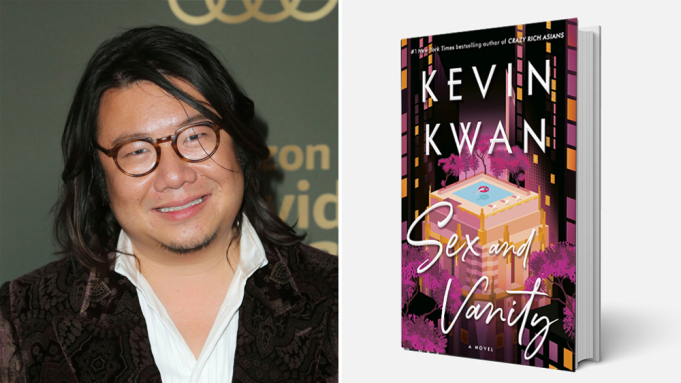
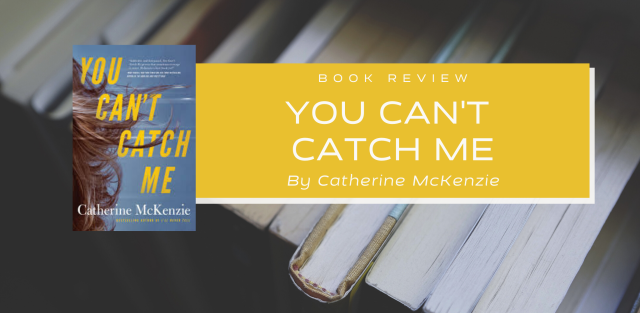
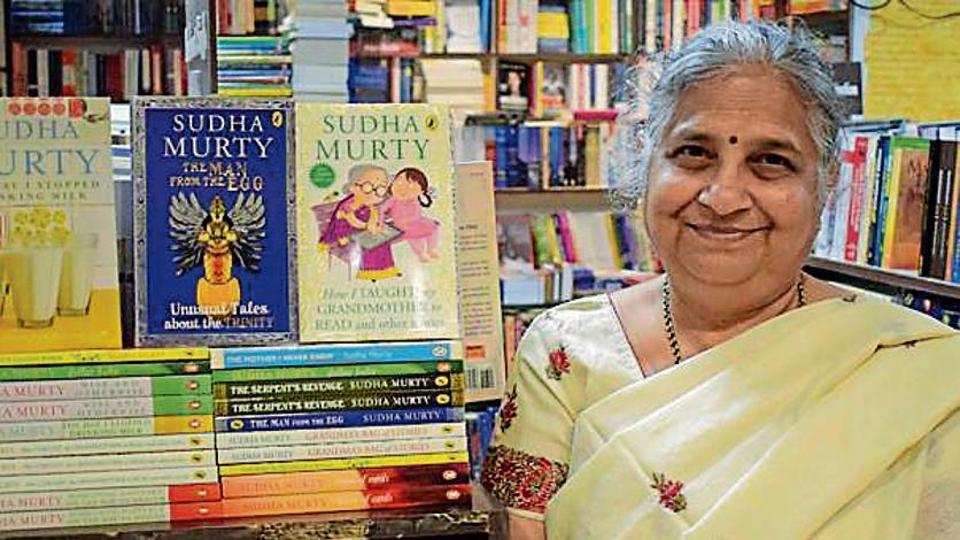

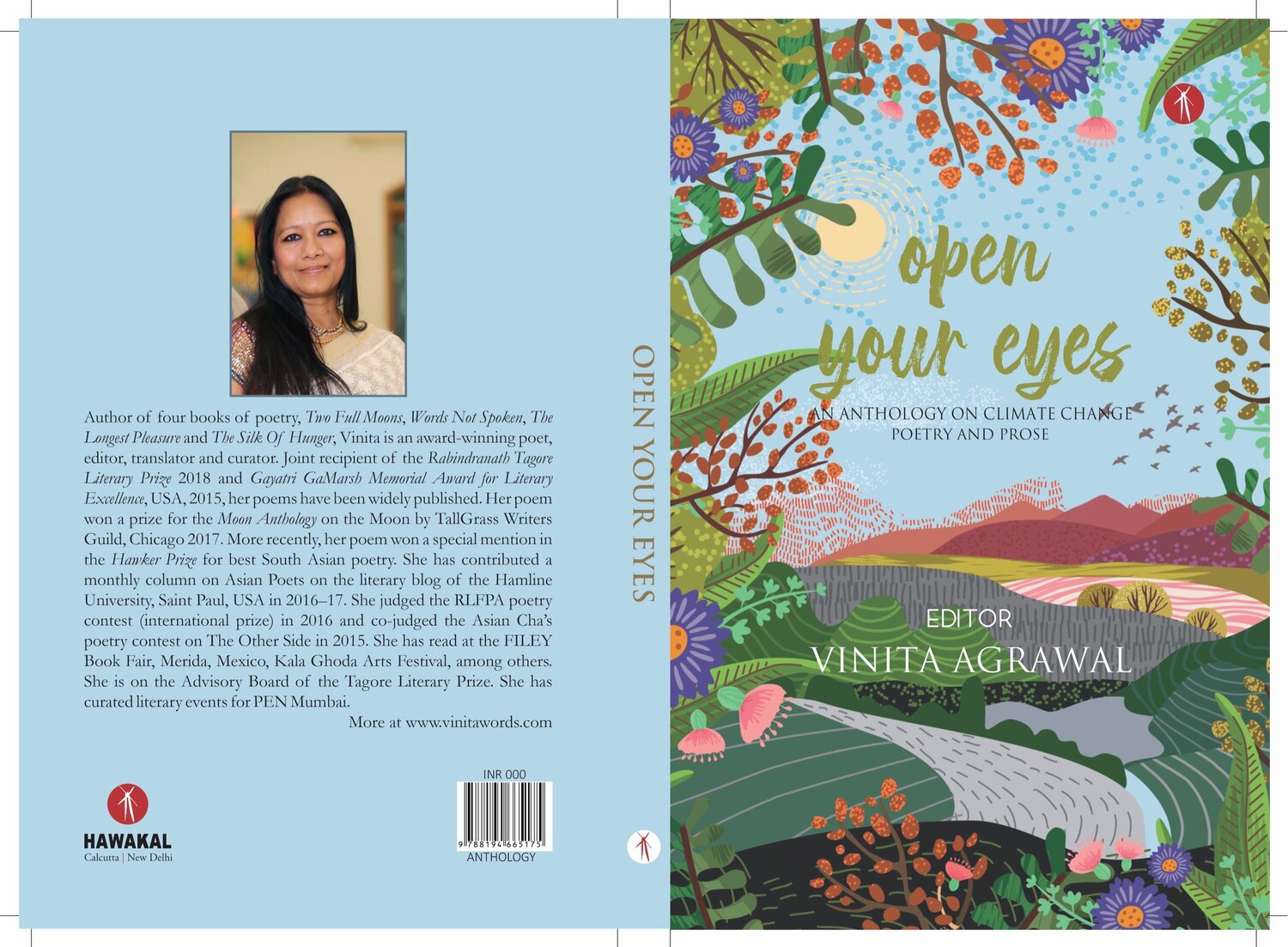
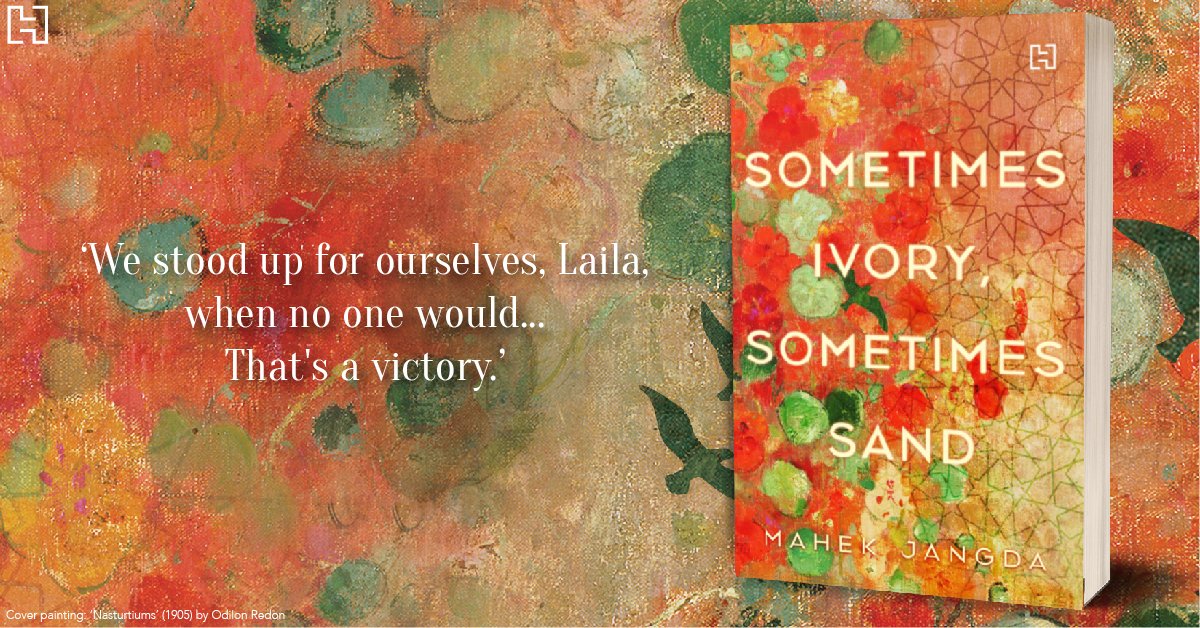

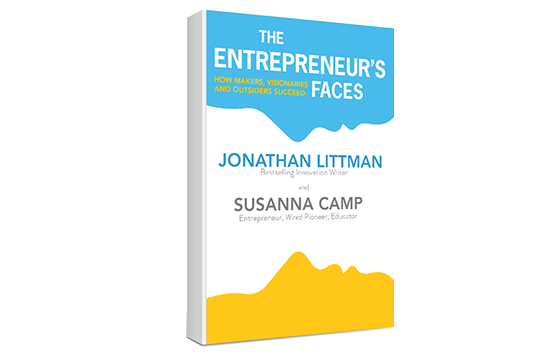
Sorry! No comment found for this post.